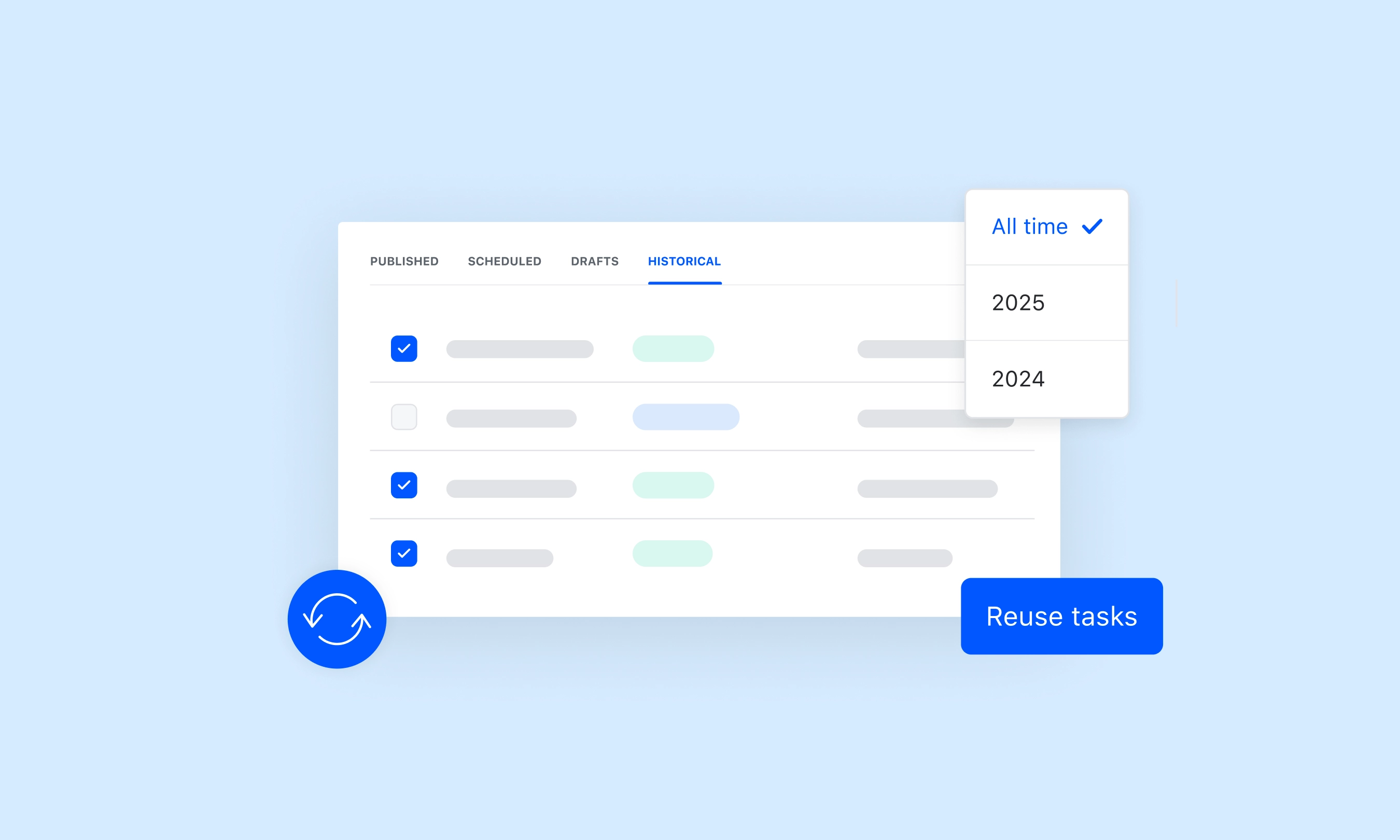
Reusable tasks that support consistent planning year after year
Helping you to achieve your teaching goals through the latest in innovations, insights and trends.
Get the latest teaching and learning insights delivered to your inbox.
You can unsubscribe at any time, no hard feelings.